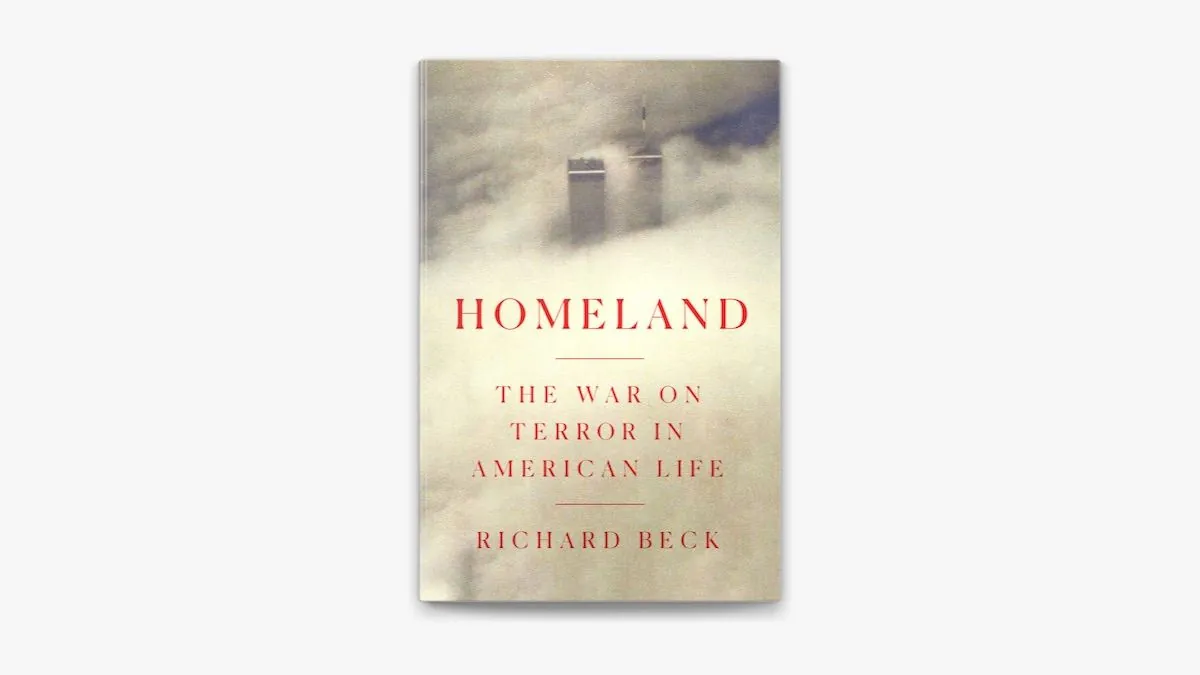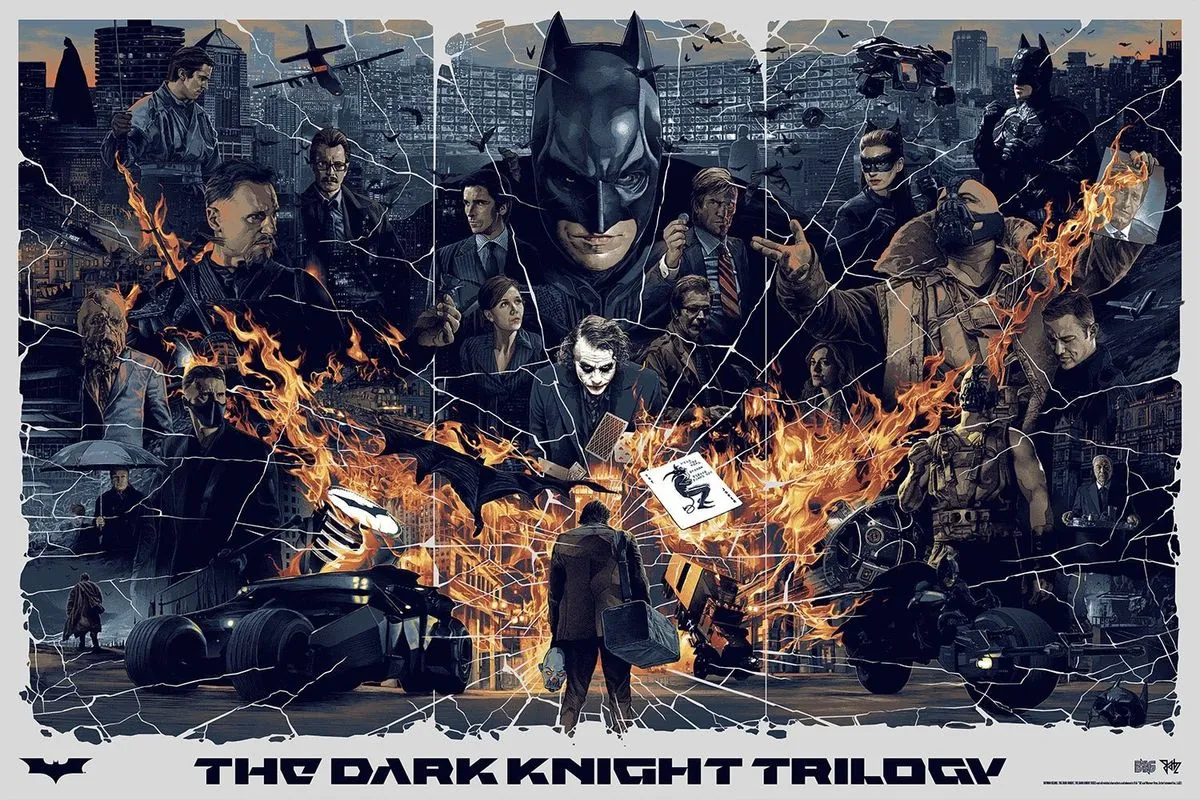Beck's "Homeland": Unraveling 9/11's Enduring Impact on America
Richard Beck's "Homeland" explores 9/11's lasting effects on American society, from pop culture to politics. The ambitious work offers a millennial perspective on the War on Terror's pervasive influence.

Richard Beck's "Homeland: The War on Terror in American Life" offers a comprehensive examination of 9/11's enduring impact on American society. Published 23 years after the attacks, this ambitious work provides a millennial perspective on the events that shaped a generation.
Beck, who was 14 when the attacks occurred, brings a fresh lens to the analysis of the War on Terror's influence. His book covers a wide range of topics, from pop culture to urban design, illustrating how the aftermath of 9/11 has permeated every aspect of American life.
One of the book's most intriguing aspects is its exploration of superhero movies as metaphors for post-9/11 America. Beck argues that Christopher Nolan's Dark Knight trilogy, while not explicitly about 9/11, reflects the mood of the era. He writes, "Batman appealed to Americans after September 11 because in Nolan's films, Gotham is the world, and Batman is the United States." This interpretation sheds light on how popular culture has processed and reflected national anxieties.

The book delves into the creation of a permanent security state, tracing its origins and consequences. Beck examines how the USA PATRIOT Act, signed into law on October 26, 2001, expanded surveillance powers and set the stage for a new era of government oversight. He also discusses the establishment of the Department of Homeland Security on November 25, 2002, which fundamentally altered the structure of national security operations.
Beck's analysis extends to the economic and technological impacts of the War on Terror. He notes that the cost of these efforts has been estimated to exceed $6 trillion as of 2019, a staggering figure that has had far-reaching consequences for American society and global politics.
The author pays particular attention to the rise of Islamophobia and its effects on Muslim Americans. This section resonates strongly with the reviewer, who shares a Muslim heritage and experienced firsthand the changes in societal attitudes post-9/11. Beck writes, "The result was the steady exclusion of Muslims and Arabs from public life in the United States, a degradation of citizenship that would eventually be expanded to other populations as well."
"Floating in and out of awareness, with all of the military violence occurring overseas even as the threat of sudden mass death permeated life at home, the war on terror was simultaneously everywhere and nowhere, a kind of water that people noticed just every so often even though they spent their lives swimming in it."
While the book's first half is praised for its insightful analysis, the second half loses some momentum as it broadens its scope. Beck attempts to connect the War on Terror to broader issues of capitalism and global politics, which some readers may find less convincing.
The author expresses hope in grassroots movements like the Arab Spring, Occupy Wall Street, and Black Lives Matter, seeing them as potential catalysts for change. However, he acknowledges their limitations and political challenges.
"Homeland" serves as a reminder of the importance of understanding historical events as they unfold. As Beck aptly puts it, "The war on terror requires us to make peace with the fact that history is something you have to try to understand even as you live through it."
While the book's ambitious scope is commendable, it raises questions about the relevance of comprehensive explainers in today's media landscape. Nevertheless, "Homeland" provides a valuable perspective on the lasting effects of 9/11, encouraging readers to reflect on how these events continue to shape American society 23 years later.


































